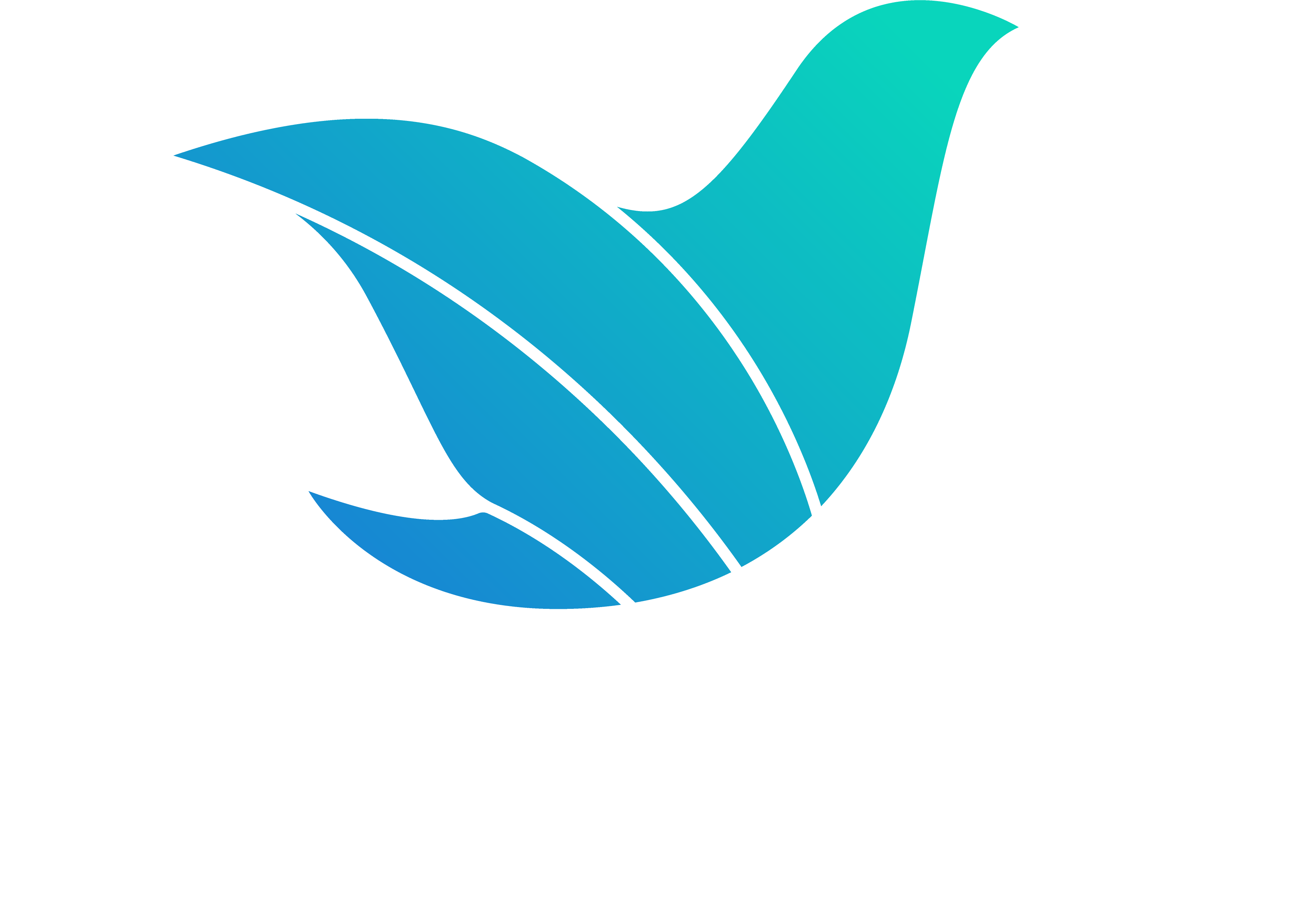The traditional startup playbook often pushes founders toward making full-time hires as soon as possible. But for companies with less than $1M in revenue and under 10 employees, this approach can create more problems than it solves. The administrative burden, fixed costs, and risks associated with early full-time hires can drain precious resources when you need them most.
The Traditional Startup Playbook Doesn’t Work
- Full-Time Hiring Pressure: Founders often rush to hire full-time employees as soon as possible.
- Challenges for Small Companies: Startups with less than $1M in revenue and under 10 employees face significant challenges in particular: increased administrative burden, fixed costs that drain resources, and added risks associated with their full-time hires
Enter the usage-based fractional talent model. Unlike traditional full-time hiring, this approach allows startups to access high-level expertise precisely when needed, without the overhead. Think of it as having a team of specialists on speed dial, ready to jump in with strategic guidance and execution support tailored to your current growth stage.
Startup Hiring Flexibility and Cost-Effectiveness
What makes usage-based fractional talent particularly powerful for early-stage startups is its inherent flexibility. Instead of committing to full-time salaries and benefits packages, you pay only for the expertise you need, when you need it. This model lets you scale your team’s capabilities up or down as your business evolves, maintaining agility while controlling costs.
The real game-changer is how this approach aligns with startup realities.
Early-stage companies often need diverse expertise – from product development to marketing strategy to financial planning. But hiring full-time experts in each area isn’t just expensive; it’s often unnecessary.
Usage-based fractional talent lets you build a dynamic team of specialists who can provide strategic guidance and hands-on execution support without the long-term commitment.
When you’re building something new, you need both strategic insight and tactical execution. Usage-based fractional talent bridges this gap, providing access to experienced professionals who can help navigate critical growth milestones while keeping your burn rate in check. It’s not about replacing full-time hires entirely – it’s about making smarter hiring decisions at each stage of your company’s growth.
Bridging the Gap for Early and Growth Stage Startups
Consider the example of a pre-revenue startup looking to build its Minimal Viable Product (MVP). Instead of hiring a full-time product manager, you could bring in a fractional expert to define your roadmap, establish development sprints, and guide your engineering team. Once the MVP is complete, you may need to shift focus to marketing – at which point you could onboard a fractional Chief Marketing Officer (CMO) to develop your go-to-market strategy and oversee the initial campaigns. The flexibility to scale your team’s expertise as needed is a game-changer for early-stage companies.
Of course, there’s a time and place for full-time hires. As your startup grows and reaches certain revenue and headcount thresholds, the value proposition of permanent employees becomes more compelling. But by starting with a usage-based fractional model, you can minimize risk, maximize impact, and build a stronger foundation for future growth.
Traditional Full-Time Hiring at Startups
The bottom line is that the traditional full-time hiring playbook doesn’t always fit the realities of today’s startups. Usage-based fractional talent provides an agile, cost-effective alternative that can help you navigate the critical early stages of your company’s journey. It’s not about replacing full-time hires entirely – it’s about making smarter hiring decisions that set your startup up for long-term success.
